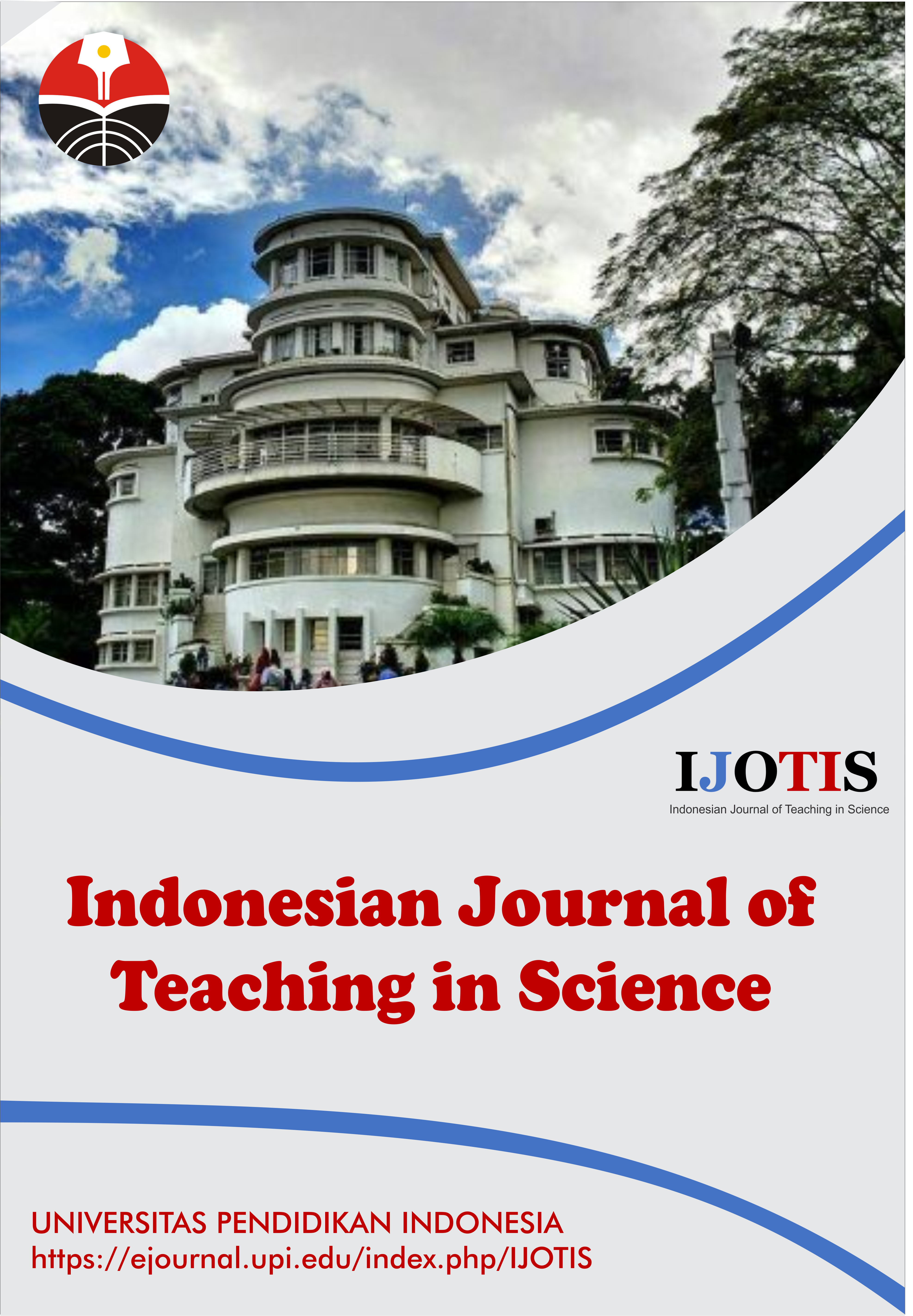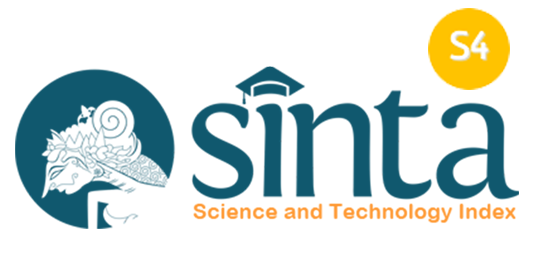Game-based Activity Method: A Case of Grade 5 Students
Abstract
Keywords
Full Text:
PDFReferences
Anastasiadis, T., Lampropoulos, G., and Siakas, K. (2018). Digital game-based learning and serious games in education. International Journal of Advances in Scientific Research and Engineering, 4(12), 139 -144.
Putri, H. E., Misnarti, M., and Saptini, R. D. (2018). Influence of concrete-pictorial-abstract (cpa) approach towards the enhancement of mathematical connection ability of elementary school students. EduHumaniora: Jurnal Pendidikan Dasar Kampus Cibiru, 10(2), 61-71.
Sangsawang, T. (2020). An instructional design for online learning in vocational education according to a self-regulated learning framework for problem solving during the covid-19 crisis. Indonesian Journal of Science and Technology, 5(2), 283–298.
Spiegelman, M., and Glass, R. (2017). Gaming and learning: Winning information literacy collaboration. College and Research Libraries News, 69(9), 522–547.
DOI: https://doi.org/10.17509/ijotis.v1i1.41186
Refbacks
- There are currently no refbacks.
Copyright (c) 2021 Universitas Pendidikan Indonesia

This work is licensed under a Creative Commons Attribution-ShareAlike 4.0 International License.
Indonesian Journal of Teaching in Science (IJoTIS) is published by Universitas Pendidikan Indonesia (UPI)
 Indonesian Journal of Teaching in Science
Indonesian Journal of Teaching in Science



